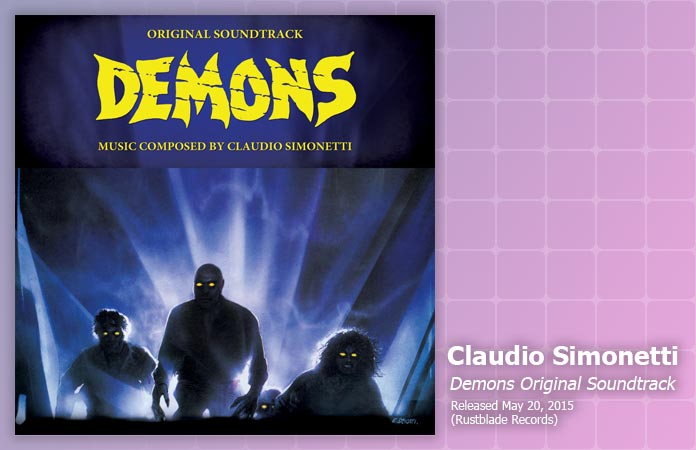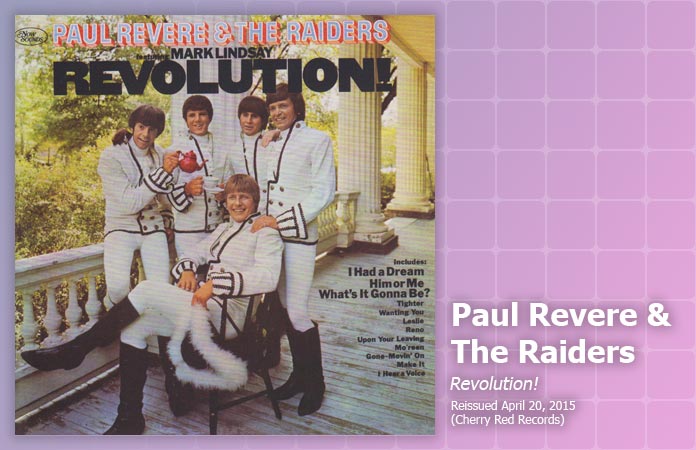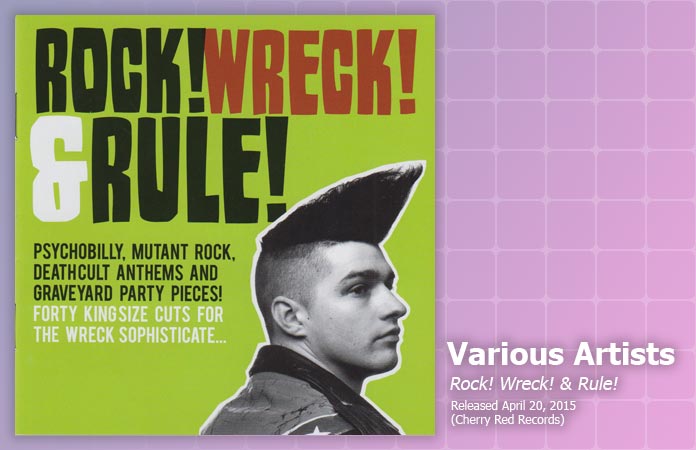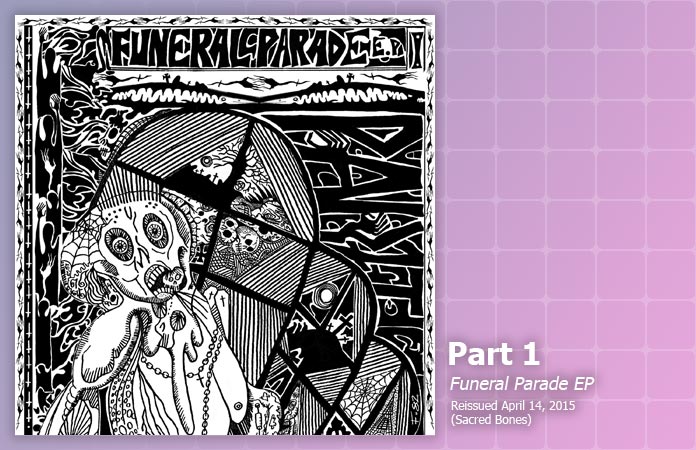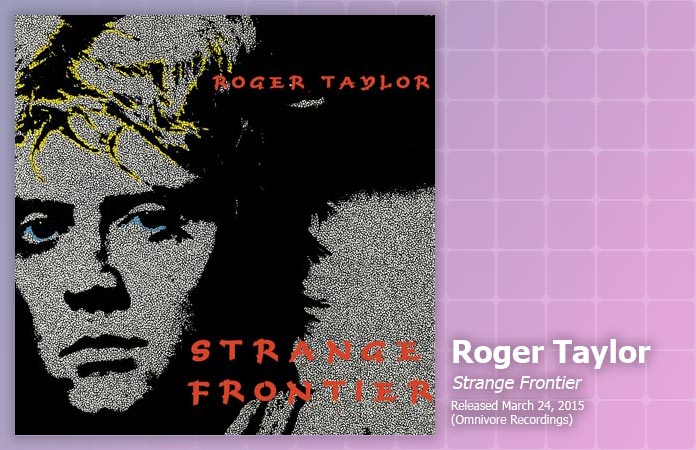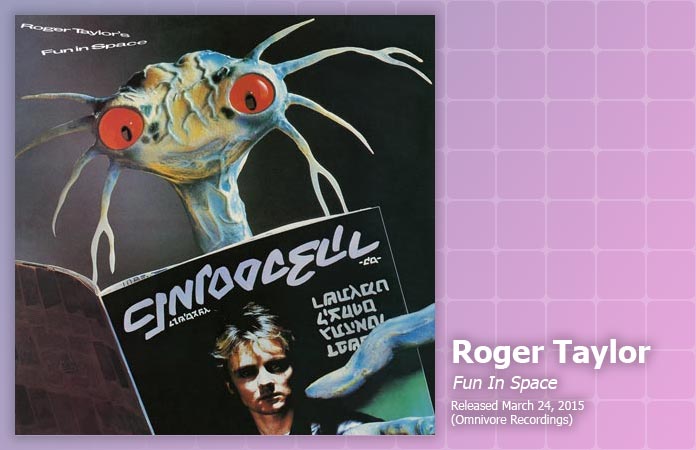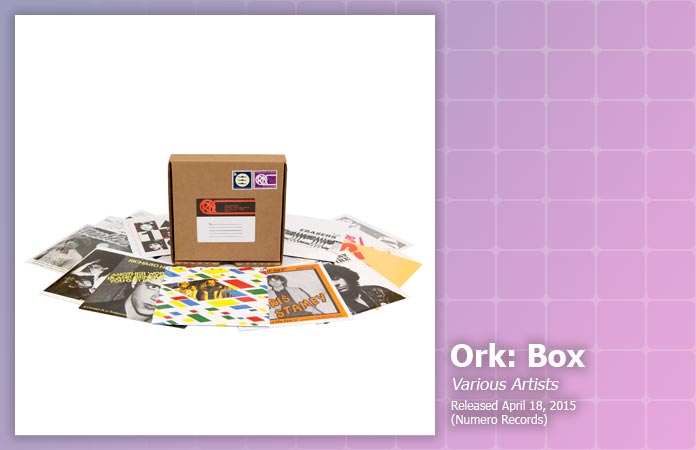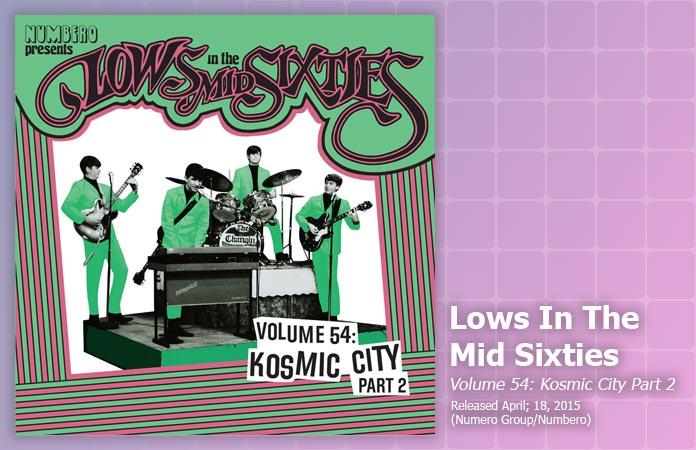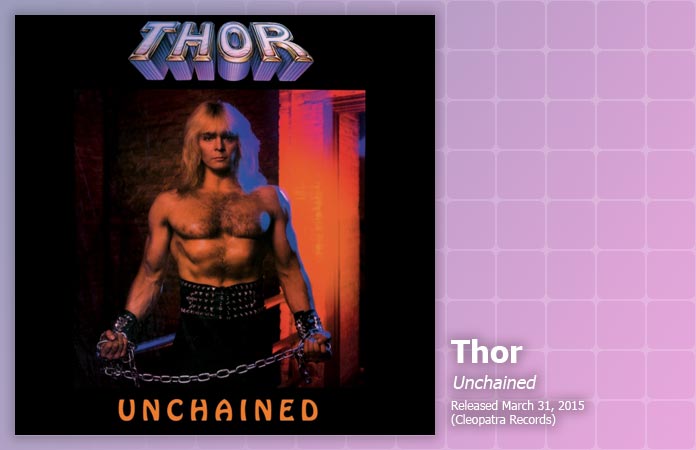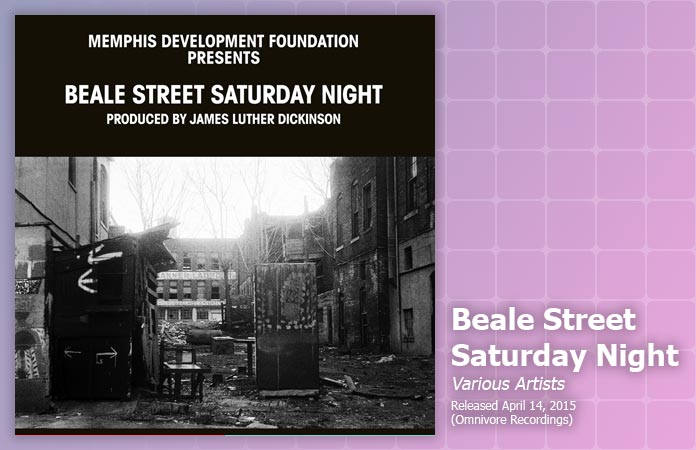Music Review: Demons (Original Soundtrack 30th Anniversary Re-Release)
Published on May 22nd, 2015 in: Horror, Movies, Music, Music Reviews, Reissues, Retrovirus, Reviews, Soundtracks and Scores |Lamberto Bava’s 1985 monster movie Demons is a nasty, brutal affair, filled with sharp teeth, green blood, and enough stream of consciousness nonsense to make an absurdist’s brain melt. It’s also considered a minor classic by horror aficionados. One of the things that makes the film so effective is the ambitious soundtrack by Claudio Simonetti.
Music Review: Paul Revere and the Raiders, Revolution! (Reissue)
Published on May 8th, 2015 in: Current Faves, Music, Music Reviews, Reissues, Retrovirus, Reviews |Paul Revere and the Raiders were weirder than they got credit for. In 1967, during the making of their Revolution! album, lead singer Mark Lindsay was living at 10050 Cielo Drive with producer/musician Terry Melcher, making music and doing the sorts of things that young rock stars do. Paul Revere, the band’s namesake, wasn’t in the studio much, having been relegated to playing chords on the organ and taking a backseat to Lindsay’s musical ambition and insane charisma. This left Lindsay and Melcher free to make Revolution! more experimental and freewheeling than other Raiders outings, with a host of the finest session musicians (Ry Cooder! Taj Mahal! Hal Blaine! Glen Campbell!). And Revolution! has some excellently weird moments.
Music Review: Various Artists, Rock! Wreck! & Rule!
Published on May 8th, 2015 in: Current Faves, Music, Music Reviews, Reissues, Retrovirus, Reviews |What do you get when you marry B-movie sensibilities with punk ethos and rockabilly’s hard driving, stand-up bass flavored beats? Did you answer “psychobilly?” Of course you did.
Music Review: Part 1, Funeral Parade EP (Reissue)
Published on May 8th, 2015 in: Culture Shock, Current Faves, Music, Music Reviews, Reissues, Retrovirus, Reviews |Perhaps the only reason that hundreds of copies of Part 1’s 1982 EP Funeral Parade weren’t burned at Southern Baptist churches during the eighties is because there were only 300 of them pressed. Lord knows if I’d heard their vicious, anti-religious lyrics and angular, distorted music back then I would have been an instant fan. Now we can all rejoice because Sacred Bones has reissued a remastered version of Funeral Parade in a deluxe gatefold sleeve. The UK band also reformed in 2013 and did a brief tour of North America for the first time ever this past April.
Music Review: Roger Taylor, Strange Frontier (Reissue)
Published on May 1st, 2015 in: Music, Music Reviews, Reissues, Retrovirus, Reviews |By Tyler Hodg
Omnivore Recordings has reissued two previously unreleased CD versions of Roger Taylor’s early solo work—with Fun in Space being the first and Strange Frontier the second—and now it’s easier than ever to revisit or become acquainted with them. The latter, which was Taylor’s sophomore solo album, saw its initial release in 1984.
Music Review: Roger Taylor, Fun In Space (Reissue)
Published on May 1st, 2015 in: Current Faves, Music, Music Reviews, Reissues, Retrovirus, Reviews |By Tyler Hodg
Queen drummer Roger Taylor, along with Omnivore Recordings, has dug into the vaults and re-mastered his first solo record, Fun in Space. Initially released on vinyl in 1981, the album was previously only obtainable on CD as part of a ten-CD plus DVD collection titled The Lot, but now, it has been packaged with three bonus tracks (“I Wanna Testify,” “Turn on the TV,” “My Country [Single Version]”) and made available on a single disc. Generally, the album may not be considered a classic per se, but it’s definitely underrated enough to deserve the reissue treatment.
Music Review: Various Artists, Ork: Box
Published on April 17th, 2015 in: Current Faves, Music, Music Reviews, Reissues, Retrovirus, Reviews |Rock and roll is nothing if not incestuous. Everyone likes to talk about who stole from whom (or if you’re less curmudgeonly, who influenced whom), but when music scenes are small, close-knit, and under the radar, such through lines are nearly impossible to pinpoint.
And so it is with the Ork Records Ork: Box, out on Record Store Day 2015, from the always-impressive Numero Records. You might wonder how bands as seemingly disparate as The dB’s, Television, Mick Farren, Link Cromwell (a.k.a. Lenny Kaye), and Cheetah Chrome would nestle so snugly together, but one listen to this dazzling collection of singles will dissuade any doubt. What’s even more remarkable is that the tracks are arranged in chronological order but play like the most cohesive mix tape ever.
Music Review: Lows In The Mid Sixties, Volume 54: Kosmic City Part 2
Published on April 17th, 2015 in: Culture Shock, Music, Music Reviews, Reissues, Retrovirus, Reviews |Who doesn’t love Record Store Day? Piles of picture discs, odd singles, repressings of things you’ve always wanted but couldn’t shell out the car payment-prices for on Ebay. Numbero (an offshoot label of the amazing Numero Group) is releasing Lows In The Mid Sixties, Volume 54: Kosmic City Part 2, on vinyl for Record Store Day 2015, and it is . . . odd.
Music Review: Thor, Unchained Deluxe Reissue
Published on April 17th, 2015 in: Canadian Content, Current Faves, Music, Music Reviews, Reissues, Retrovirus, Reviews |By Tim Murr
There are so many sub genres in heavy metal that black metal progenitors Mayhem stand under the same umbrella as pop glamsters Poison. Which is kind of cool when you think about it. There’s so much that you can do with metal, so many styles you can mix in, so many identities that exist shoulder to shoulder.
Music Review: Various Artists, Beale Street Saturday Night
Published on April 17th, 2015 in: Current Faves, Music, Music Reviews, Reissues, Retrovirus, Reviews |Beale Street Saturday Night is a historical document that you could dance to, if you were so inclined. In 1976, James Luther (Jim) Dickinson (who played with loads of people, from the Stones to the Cramps, and produced Big Star, The Replacements, et al) set out to document the music and the musicians that played on the storied street where rock and roll arguably began. He recorded blues musicians at home, at clubs, and at the Orpheum theater, creating a sonic trip with spoken reminiscences from the artists cut in to their songs. The resulting album, Beale Street Saturday Night, was released in a limited run in 1978 and fetches astounding prices for original copies.
